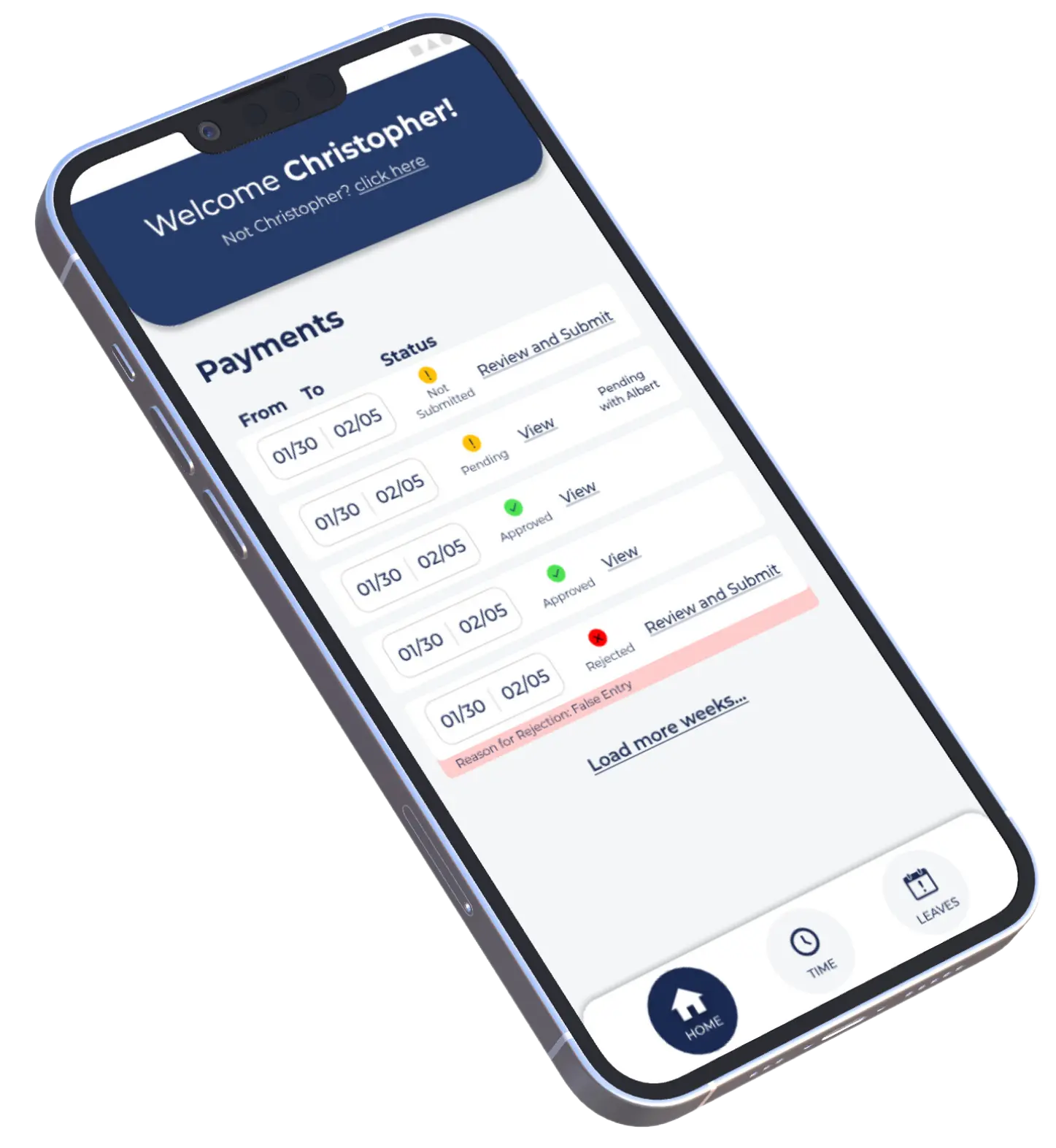We use cookies to enhance your experience. By continuing to use our site, you consent to the use of cookies.

Designed to run on smartphones and tablets, mobile applications are easy to download from Play Store or App Store.
Depending on the OS, the different versions of these apps are created to offer a smoother user experience. However, developing these apps isn’t the easiest thing to do.
Read MoreLet’s find out the different advantages and disadvantages linked with these mobile apps.
With faster load time, there are many advantages that make mobile apps the most desired solution for businesses. Let’s find out why:
Typically, mobile apps seem more convenient than their website counterparts. These are faster, easy to use and offer an intuitive user experience.
A feature, not available with websites, mobile apps use push notifications for sharing new features, updates as well as reminders. All this happening within an app helps in enhancing the overall customer experience. Hence, furthering the customers’ retention rate.
Users can set preferences by creating accounts with the mobile apps. Not just that, storing crucial data and information within these apps is secure and feels handy.
Far from perfect, there are certain aspects that may seem unappealing to some businesses when it comes to creating mobile apps. Here are a few limitations to know about:
Every mobile app must fulfil the requirements imposed by different operating systems. Hence, one must design multiple versions of a single app to run on varying platforms. This takes time and is a tedious process.
Updates become a consistent need when keeping these mobile apps up to date. From compatibility to the latest OS versions to adding extra features, the job requires rigorous support and fixes, that may only increase over time.
It is expensive to create mobile apps. From spending on different versions of the app to releasing upgrades and fixes every now and then, the task comes with a huge price tag.
Set aside the challenges, these mobile apps can offer great benefits to businesses. To understand more about the utilization of these solutions, click below.
Discuss the scope of work with clients and offer suggestions to finalize the complete project requirements.
Consider the finalized requirement to analyze project cost, keeping the client’s budget in mind.
Assign our experienced team to complete the development of the project before the set deadline.
Optimize the code through reviews to ensure the application follows the defined architecture and best practices.
Carry the rigorous testing of the built program to validate and verify the application’s functionality, performance, and security.
Complete the sign off formalities with clients after confirming the aptness of the developed solution.
Take care of the application’s deployment at the client’s site to offer hassle-free software delivery.
Stay in the loop with the clients after the application goes live to offer support, whenever needed.

